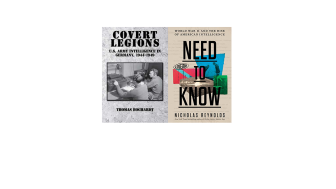Christian F. Ostermann
Former Director, History and Public Policy Program; Cold War International History Project; North Korea Documentation Project; Nuclear Proliferation International History Project
Expert Bio
Christian F. Ostermann is an award-winning historian and the founding director of the History and Public Policy Program (HAPP) which supports the historical scholarship by Wilson Fellows in line with the Center’s statutory authority by providing access to sources through its digital archive and by providing fora through which historical scholarship produced at the Center can inform the world of public affairs.
Insight & Analysis by Christian F. Ostermann
Filter
306
results
for:
Your search did not return any results. Please try another search.
- Publication
- US Foreign Policy
Rays of Optimism | Bright Spots in Foreign Policy
Posted date/time:
- By
- Ambassador Mark A. Green ,
- Oge Onubogu,
- Bruna Santos,
- and 18 more
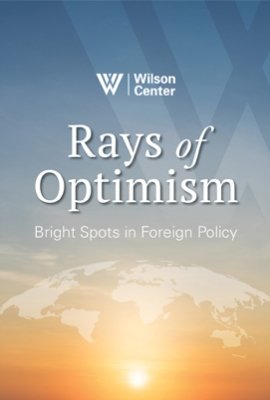
- Article
- History
Christian Ostermann Honored with the 2022 Harry S. Truman Award for His Book Between Containment and Rollback
Posted date/time:
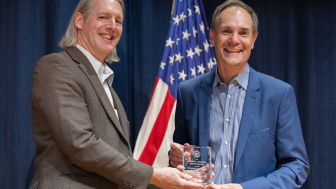
- Article
- History
On the Horizon 2023 | History and Public Policy
Posted date/time:
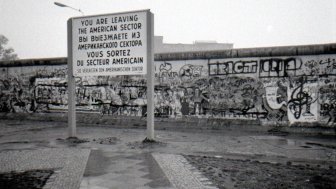
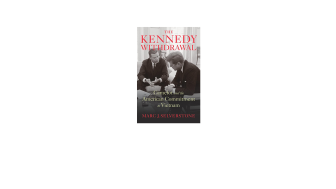
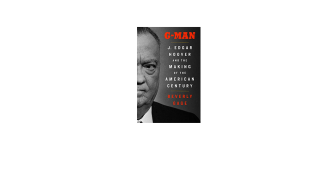
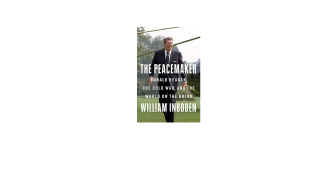
- Past event
- Conflict Resolution and Peacebuilding
Arms Control and Regional Security Oral History Project
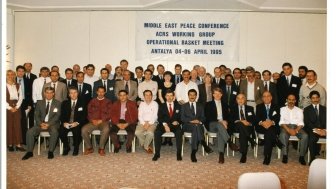
- Past event
- History
New Scholarship on US Intelligence History
